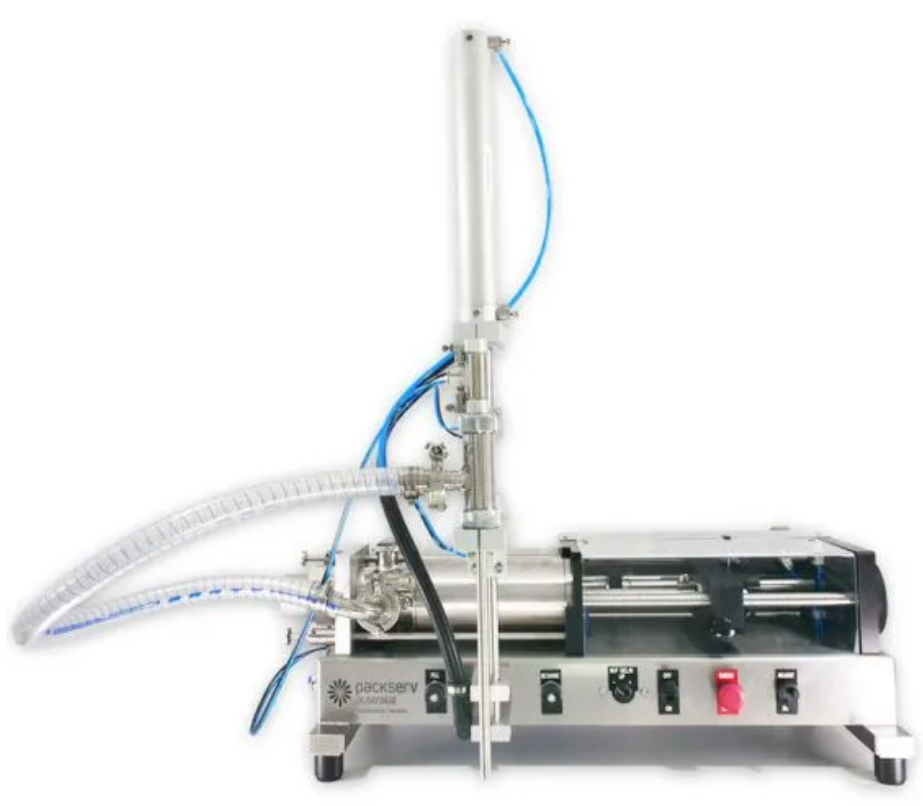Big Data is transforming the modern world by allowing industries to collect, analyze, and interpret enormous amounts of information. From healthcare and finance to retail and entertainment, organizations can now leverage Big Data to gain valuable insights, enhance operational efficiency, and make data-driven decisions. This ability to process vast amounts of data in real-time is providing a competitive edge across various sectors, including online entertainment like online casino platforms, which use data to optimize user experience and ensure fair play.
Big Data in Healthcare
One of the most impactful applications of Big Data is in the healthcare sector. Hospitals, research institutions, and pharmaceutical companies collect massive amounts of patient data through electronic health records (EHRs), wearable devices, and genome sequencing. By analyzing this data, healthcare providers can improve diagnoses, predict disease outbreaks, and personalize treatments.
For example, machine learning algorithms analyze patient data to identify early warning signs of conditions such as cancer or heart disease. Big Data also plays a key role in drug development, where data-driven models predict how different patient groups will respond to treatments, reducing time and costs associated with clinical trials.
Big Data in Retail and E-Commerce
The retail and e-commerce industries have also embraced Big Data to improve customer experience and optimize business operations. Retailers analyze shopping patterns, online behaviors, and purchasing histories to offer personalized product recommendations, forecast demand, and manage inventory.
Large e-commerce platforms like Amazon use Big Data to enhance every step of the shopping experience. Algorithms analyze user activity to suggest relevant products, while predictive models ensure that warehouses are stocked with the right items based on seasonality, trends, and customer preferences.
Big Data in Finance
Big Data is revolutionizing finance from fraud detection to investment strategies. Financial institutions collect and analyze customer transactions, market trends, and economic indicators to identify risks and opportunities.
Fraud detection systems powered by Big Data can quickly detect unusual patterns in transaction data, such as multiple large withdrawals or purchases from unfamiliar locations. By using real-time data analysis, banks and financial institutions can prevent fraud before it affects customers. Similarly, hedge funds and investment firms use data analytics to make informed decisions, balancing portfolios based on predictive algorithms that forecast market trends.
Big Data in Entertainment and Online Platforms
Big Data plays a crucial role in the entertainment industry, shaping how content is created, distributed, and consumed. Streaming platforms like Netflix and Spotify rely on Big Data to recommend personalized content, based on user preferences, watching history, and behavior patterns. These recommendations keep users engaged, increasing subscription retention and viewership.
In the world of online casinos, Big Data is used to monitor player behavior, improve game design, and ensure fairness. Data analysis enables casinos to offer personalized promotions and bonuses while monitoring betting patterns to detect potential fraud. Additionally, Random Number Generators (RNGs) in casino games use data to ensure that each outcome is random, creating a fair and transparent gaming experience for players.
Technologies Powering Big Data
Several key technologies make Big Data processing and analysis possible:
- Machine Learning and AI: Machine learning algorithms can analyze massive datasets to identify trends, predict outcomes, and optimize decision-making. In healthcare, AI can analyze medical images for early disease detection, while in finance, machine learning helps create risk models for better investment strategies.
- Cloud Computing: Cloud infrastructure allows organizations to store and process vast amounts of data efficiently. Cloud platforms like Amazon Web Services (AWS) and Google Cloud provide scalable solutions for data storage, making it easier for companies to manage and analyze Big Data without significant hardware investments.
- Data Mining: Data mining involves extracting valuable insights from large datasets by identifying patterns and relationships. This is widely used in marketing to target specific customer segments and in fraud detection systems to identify anomalies in real-time transactions.
Ethical Considerations in Big Data
While Big Data offers numerous benefits, it also raises ethical questions about privacy, data security, and consent. The collection and analysis of personal data—whether in healthcare, finance, or entertainment—must adhere to strict regulations like the General Data Protection Regulation (GDPR) in the EU.
Transparency in data collection and usage is critical. Companies must ensure that users are aware of how their data is being used and provide options for opting out of certain data-sharing practices. The ethical implications of Big Data highlight the need for robust privacy protections and clear guidelines to prevent misuse.
The Future of Big Data
As technologies continue to advance, the role of Big Data in driving innovation will only increase. Artificial intelligence and machine learning will become more integrated into industries, allowing for more accurate predictions, personalized experiences, and efficient operations.
For example, in casino platforms, Big Data will further enhance the ability to detect suspicious behavior, ensure fairness in games, and offer customized experiences based on individual player habits. Similarly, healthcare providers will continue to use Big Data for predictive diagnostics and personalized medicine.






